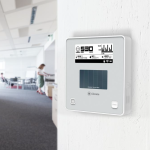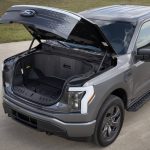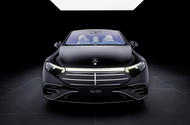
The facelifted EQS saloon was the first model to receive a traditional front grilleBrand wants its electric and combustion cars to be more obviously related as people are now 'used to electric cars'
Mercedes-Benz will introduce more classic design cues for the next generation of its EQ range, bringing its electric cars and combustion cars more in line.
This will mean model lines that offer both electric and combustion powertrains, such as the Mercedes-Benz EQE and Mercedes-Benz E-Class, âjoining together againâ, Robert Lesnik, the brandâs head of exterior design has told Autocar.
This design direction has already been previewed by a new traditional chrome grille option for the Mercedes-Benz EQS (âIt makes the car look completely differentâ) and the just-revealed Mercedes-Benz G580 EQ. which looks near-identical to ICE G-Class models.
âWe always said that the first-generation EVs should look different. A purpose-built architecture deserved a purpose-built design,â said Lesnik at the Beijing motor show. âThe cars that we have now, they influenced electric cars.
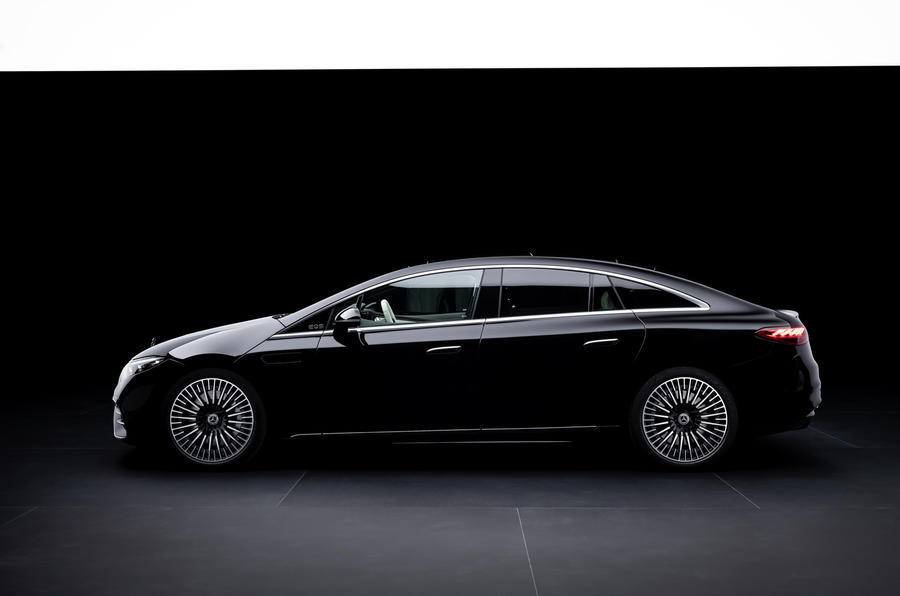
âWe said after one generation that we believe there is no real need [to make EVs look different], because people will get used to electric cars.
âWe know we are in a transformation phase from first-generation EVs. This means you have to change from something to something else.â
Asked why, he said there's a âdangerâ that âeverything becomes similarâ when it comes to EVs, âand then you start pointing out what you always hadâ.
He continued: âWe said on purpose we wanted to do something different [in the first generation], and we did it. But we always said, at a certain point in time, the further you go, you look down the road, the more [similar] everything on the road will become.â
However, it wonât be a drastic change. âI cannot say that the grille or many, many other things around the [electric] cars are dead,â said Lesnik. âNo, the new cars will still be influenced by the current generation of electric cars.â
Of course, electric cars still need to be designed with efficiency in mind, he said. âTo make something electric just doesn't make sense if you donât offer a certain amount of range to a customer. If you would have a car with [only]Â 100km of range, it would not make sense.â
With that in mind, one thing that wonât change will be the wheels, also designed specifically for EVs. âYou wonât believe how our wheels improve the range,â he said. âItâs amazing. This will never go back.â
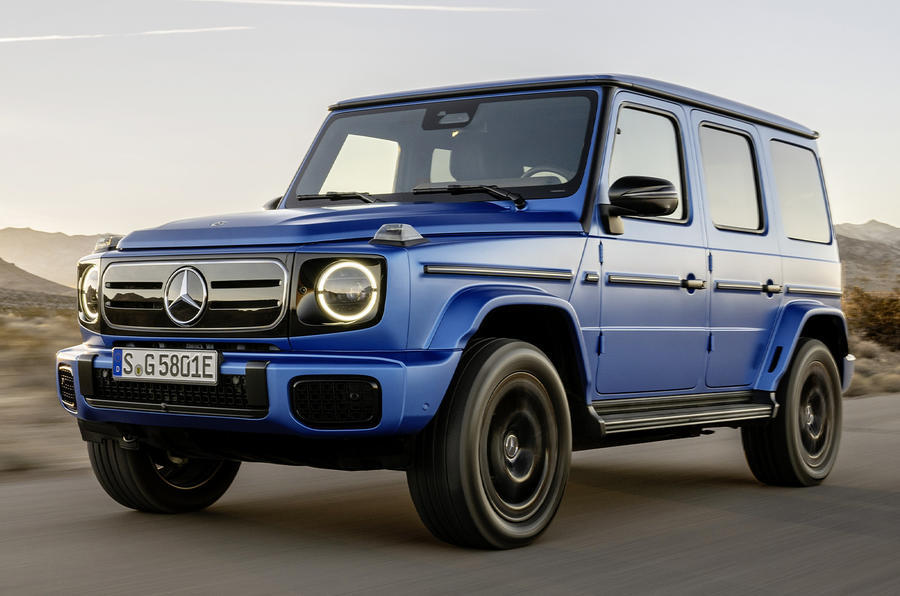
A key pointer to this evolution is the electric G-Class, Lesnik said, explaining that the design philosophy was that âfrom 20 metres, you should not spot the difference with the ICE carâ.
This was key to the EVâs design, he added, especially given how iconic the 4x4âs boxy shape is.
Differences between the siblings are slim, with major changes kept to the shape of the lights and slightly different grilles but crucially still the same squared shape.
âWe have four iconic grilles at Mercedes, more than any other brand, and we need to use them,â said Lesnik.
Mercedes-Benz will introduce more classic design cues for the next generation of its EQ range, bringing its electric cars and combustion cars more in line.
This will mean model lines that offer both electric and combustion powertrains, such as the Mercedes-Benz EQE and Mercedes-Benz E-Class, “joining together again”, Robert Lesnik, the brand’s head of exterior design has told Autocar.
This design direction has already been previewed by a new traditional chrome grille option for the Mercedes-Benz EQS (“It makes the car look completely different”) and the just-revealed Mercedes-Benz G580 EQ. which looks near-identical to ICE G-Class models.
“We always said that the first-generation EVs should look different. A purpose-built architecture deserved a purpose-built design,” said Lesnik at the Beijing motor show. “The cars that we have now, they influenced electric cars.

“We said after one generation that we believe there is no real need [to make EVs look different], because people will get used to electric cars.
“We know we are in a transformation phase from first-generation EVs. This means you have to change from something to something else.”
Asked why, he said there’s a “danger” that “everything becomes similar” when it comes to EVs, “and then you start pointing out what you always had”.
He continued: “We said on purpose we wanted to do something different [in the first generation], and we did it. But we always said, at a certain point in time, the further you go, you look down the road, the more [similar] everything on the road will become.”
However, it won’t be a drastic change. “I cannot say that the grille or many, many other things around the [electric] cars are dead,” said Lesnik. “No, the new cars will still be influenced by the current generation of electric cars.”
Of course, electric cars still need to be designed with efficiency in mind, he said. “To make something electric just doesn’t make sense if you don’t offer a certain amount of range to a customer. If you would have a car with [only] 100km of range, it would not make sense.”
With that in mind, one thing that won’t change will be the wheels, also designed specifically for EVs. “You won’t believe how our wheels improve the range,” he said. “It’s amazing. This will never go back.”

A key pointer to this evolution is the electric G-Class, Lesnik said, explaining that the design philosophy was that “from 20 metres, you should not spot the difference with the ICE car”.
This was key to the EV’s design, he added, especially given how iconic the 4×4’s boxy shape is.
Differences between the siblings are slim, with major changes kept to the shape of the lights and slightly different grilles but crucially still the same squared shape.
“We have four iconic grilles at Mercedes, more than any other brand, and we need to use them,” said Lesnik.





